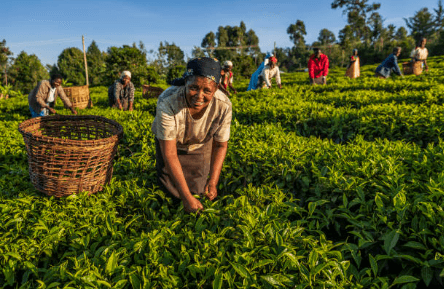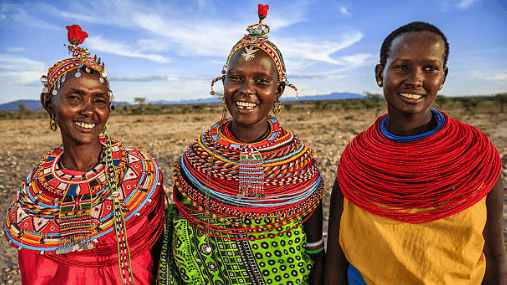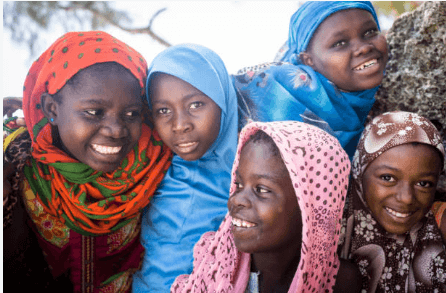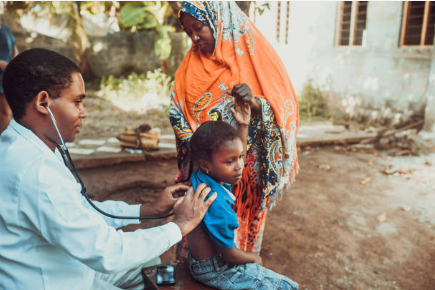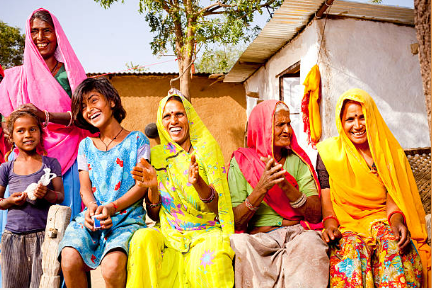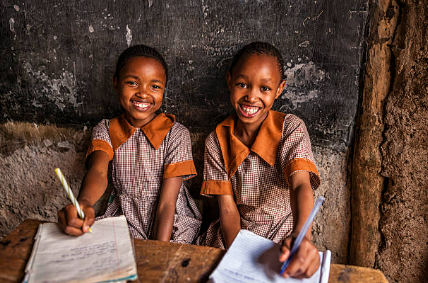Global Challenge Funds Evaluation
Swedish International Development Cooperation Agency (Sida)Challenge Fund Guidelines
Swedish International Development Cooperation Agency (Sida)Monitoring and Evaluation Services for Futuremakers Programme
Standard Chartered Bank (SCB)Provision of Regional Technical Advisory Services on Local Level Public Financial Management (PFM), Ghana
The World BankLocal Level Public Financial Management (PFM) project aimed to enhance fiscal discipline, strategic allocation of resources and service delivery efficiency for improved infrastructure and services in urban assemblies of Ghana, through strengthened systems & procedures and targeted capacity building.
Public Expenditure Tracking Survey (PETS) and Quantitative Service Delivery Survey (QSDS) in the Health Sector, Lesotho
The World BankThe Government of Lesotho aimed at improving the efficiency and effectiveness of its various programmes in the health sector, particularly with regards to HIV/AIDS crisis, TB, Maternal & Infant Mortality outcomes. It also looked at prioritising fund allocation for intended beneficiaries keeping in mind effective prevention and mitigation.
Budget Analysis of the 2013-14, 2014-15 and 2015-16 Financial Data for the Select Counties and Perform a National Level Analysis on the Identified Sectors of Health, Water, Education, Child Protection, Social Protection, Nutrition and HIV/AIDS, Kenya
UNICEFUNICEF supported Kenya’s resolve to strengthen the social protection system by transitioning to a decentralised delivery of social protection programmes.
RajKosh-Rajasthan Innovative Financing for Women, Girls and Children, Rajasthan, India
CIFF/Government of Rajasthan (GoR)With a vision to making the Government of Rajasthan financially resilient for the development of women, girls and children, including nutrition; CIFF helped set up an innovative financing mechanism for generating additional resources to finance programmes through ‘RajKosh’. It aimed to mitigate the strain on financial resources by reducing the fiscal deficit, raising additional resources from public and private sector, and improving the effectiveness of government spending.
Mid Term Review (MTR) of Partnership to Engage, Reform and Learn (PERL) Programme, Nigeria
DFIDPERL supported the governments of Nigeria (at Federal, State and Local Government level) to reform core governance processes and ensured that the improvements lead to an improved delivery of public goods and services. The programme worked at the federal/national level; in Kaduna, Kano and Jigawa states as partner states; in regional hubs in the south-east and south west facilitating the sharing of good practices between states; and in the north east, supporting government and non-government partners in Borno and Yobe states with the coordination of recovery efforts. Reaching over 70% of local government areas in over 35 states, the programme influenced an increase in the state’s health budget allocation from 7.5% to 11.57%; a reduction in average turnaround time for processing and delivering drug orders; and a 20% increase in uptake of health services at night, in partnership with the DFID SOLAR Nigeria Project thus benefitting over 2 million Nigerians.
LTA for Provision of High Quality Technical Expertise to UNICEF in the Area of Public Finance for Children (PF4C) for Service Area 2
UNICEFPublic Finance for Children (PF4C) framework aims to improve the use of domestic resources for services of importance to children. The overarching goal of the PF4C is to contribute to realisation of children’s rights by supporting the best possible use of public budgets. In over 100 countries, UNICEF takes a hands-on approach to help governments make budget decisions that lead to adequate investment for improved budget equity, efficiency, effectiveness and transparency.
Institutional and Financial Capacity Assessment (IFCA) of 11 Cities under NUPRP Project, Bangladesh
UNDPNational Urban Poverty Reduction Programme (NUPRP) is a six-year programme that targets sustainable improvements in livelihoods and living conditions of the urban poor across towns and cities in Bangladesh.
Ethiopia Portfolio Assurance Programme, Phase 2 (EPAP 2), Ethiopia
DFIDSupporting DFID Ethiopia to identify, Phase 2 of the programme, (EPAP 2) aims to understand, address and manage the major governance, management and financial risks across its programme portfolio in Ethiopia to improve efficiency and effectiveness through an adaptive and flexible approach covering a detailed review of log-frame results at the program & project levels. The programme aims to strengthen DFID & it’s implementation partners including Government of Ethiopia, multilateral agencies and INGO’s capacity to mitigate risks and ensure value for money. It would delve into governance and financial management; monitoring & evaluation systems; VfM measures; safeguarding mechanisms etc. while building the capacity of DFID Ethiopia staff, including partner organisations, in effectively managing the programme risk.





